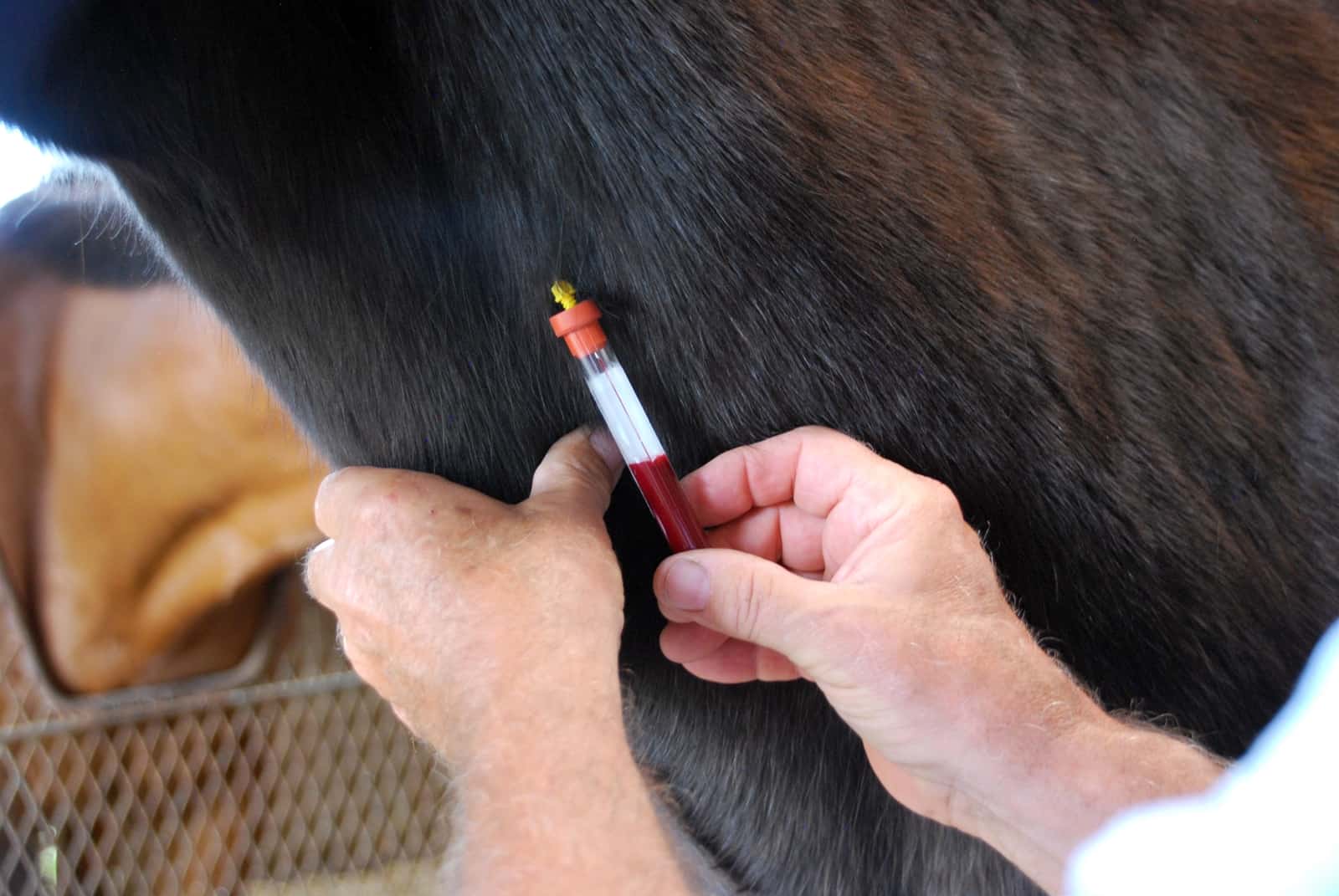EIA, Piroplasmosis Confirmed in Texas Racing Quarter Horses

The Texas Animal Health Commission (TAHC) confirmed equine infectious anemia (EIA) in nine racing Quarter Horses located on a Smith County premises on Jan. 31. Subsequently, seven of the EIA-positive horses and one additional horse on the property tested positive for equine piroplasmosis (EP).
The Smith County premises remains in compliance with TAHC rules which require owners to maintain EIA and EP exposed horses in a quarantine zone of no less than 200 yards from unexposed equine and retest exposed animals until cleared.
EIA 101
Equine infectious anemia is a viral disease that attacks horses’ immune systems. The virus is transmitted through the exchange of body fluids from an infected to a uninfected animal, often by blood-feeding insects such as horseflies. It can also be transmitted through the use of blood-contaminated instruments or needles
Create a free account with TheHorse.com to view this content.
TheHorse.com is home to thousands of free articles about horse health care. In order to access some of our exclusive free content, you must be signed into TheHorse.com.
Start your free account today!
Already have an account?
and continue reading.
Written by:
Edited Press Release
Related Articles
Stay on top of the most recent Horse Health news with












